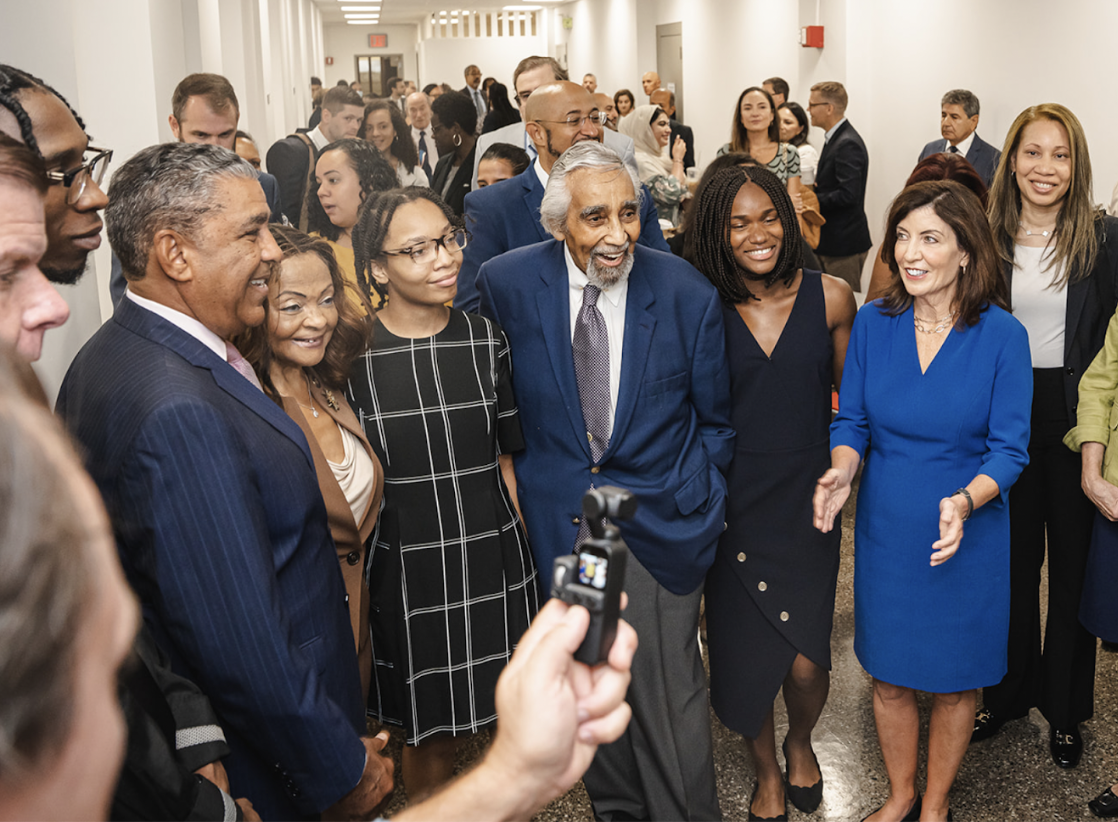
Bridging Education and Opportunity
The Charles B. Rangel Infrastructure Workforce Initiative at City College of New York is dedicated to preparing individuals for careers in the evolving infrastructure sector. As the higher education and employment landscape continues to shift toward skills-based hiring, we champion job-centric learning, bridging the gap between education and real-world workforce demands.
Since its launch in 2022, the Rangel Initiative has rapidly expanded into a comprehensive workforce development program that integrates hands-on training, targeted job skills development, career support services, and strategic partnerships. We equip trainees with industry-recognized credentials and the practical expertise needed to succeed in construction, transportation, clean energy, and related fields. In collaboration with labor organizations, public agencies, and industry partners, we offer specialized training that aligns with employer needs, ensuring a direct pathway from education to employment.
Beyond technical instruction, we support career advancement through professional development services, employer connections, and ongoing alumni engagement. By providing accessible, high-quality training and fostering industry partnerships, the Rangel Initiative is building a skilled workforce to meet the infrastructure challenges of today and tomorrow.
Key Priorities
- Practical Skills Emphasis: The program focuses on tangible skills aligned with industry needs.
- Targeted Credentials: Recognized credentials showcase specialized skills valued by employers.
- Personalized Learning: Tailored pathways cater to diverse learner backgrounds and aspirations.
- Industry Partnerships: Collaborations validate curriculum, offering real-world exposure and job prospects.
- Accelerated Learning: Intensive, focused training enables swift skill acquisition.
- Adaptable Curriculum: Keeping pace with industry shifts ensures ongoing relevance.
- Career Support: Robust job placement services aid graduates' transition.
- Flexible Formats: Blending online and in-person learning accommodates working professionals.
- Transparent Credentials: Verifiable proof of skill mastery aligns with skills-based hiring.
- Holistic Approach: Real-world projects and simulations foster well-rounded professionals.
- Affordability & Access: Cost-effective education suits learners from all backgrounds.
Last Updated: 06/11/2025 13:34